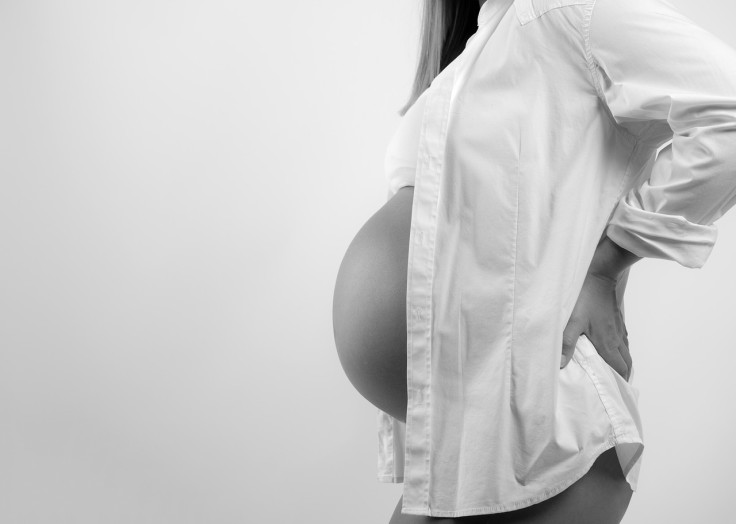COVID-19 Vaccination Or Booster During Pregnancy Protects Infants For 6 Months: Study

Pregnant women who receive an mRNA-based COVID-19 vaccination or booster during pregnancy can protect their infants against symptomatic COVID-19 infection for at least six months after birth, a study has found.
The findings of the study published in the journal Pediatrics underscore the importance of getting vaccinated against COVID-19 during pregnancy to ensure that infants are born with strong protection until they are old enough to be vaccinated.
COVID-19 vaccines are not available for use in infants under the age of six months. "Until infants are age-eligible for vaccination, maternal vaccination provides passive protection against symptomatic infection during early infancy," researchers wrote in the study.
An earlier study from the Multisite Observational Maternal and Infant COVID-19 Vaccine (MOMIv-Vax) revealed that pregnant women after receiving two doses of an mRNA COVID-19 vaccine developed antibodies that were detectable in their newborns' cord blood. This implied that the infants might have some level of protection against COVID-19 during the period when they were too young to be vaccinated. However, the duration of these antibody levels in infants remained unknown.
"It validates what we've always suspected . . . that mothers can be vaccinated during pregnancy and can provide some of that level of immunity to their unborn child," said Chad Rudnick, a pediatrician at Florida Atlantic University and one of the authors of the study.
In the latest portion of the study, the researchers analyzed data from 475 infants born while their pregnant mothers were part of the MOMI-Vax study. Of these participants, 271 infants had mothers who took two doses of an mRNA COVID-19 vaccine during pregnancy, while 204 infants were born to mothers who took both doses of an mRNA COVID-19 vaccine along with the booster dose.
In addition to the data collected during pregnancy and at birth, the infants were evaluated during at least one follow-up visit during their first six months after birth. The researchers also gathered information from parents if their infants developed symptoms of COVID-19 infection.
During the study, none of the infants examined required hospitalization for COVID-19.
"Based on blood samples from the infants, the researchers found that newborns with high antibody levels at birth also had greater protection from COVID-19 infection during their first six months. While infants of mothers who received two COVID-19 vaccine doses had a robust antibody response at birth, infants whose mothers had received an additional booster dose during pregnancy had both higher levels of antibodies at birth and greater protection from COVID-19 infection at their follow-up visits," a news release from National Institute of Health stated.
"While older children and adults should continue to follow guidance from the Centers for Disease Control and Prevention (CDC) to stay up-to-date on their COVID-19 vaccines and boosters, this study highlights how much maternal vaccination can benefit newborns too young to take advantage of the vaccine," the release added.
Published by Medicaldaily.com



























